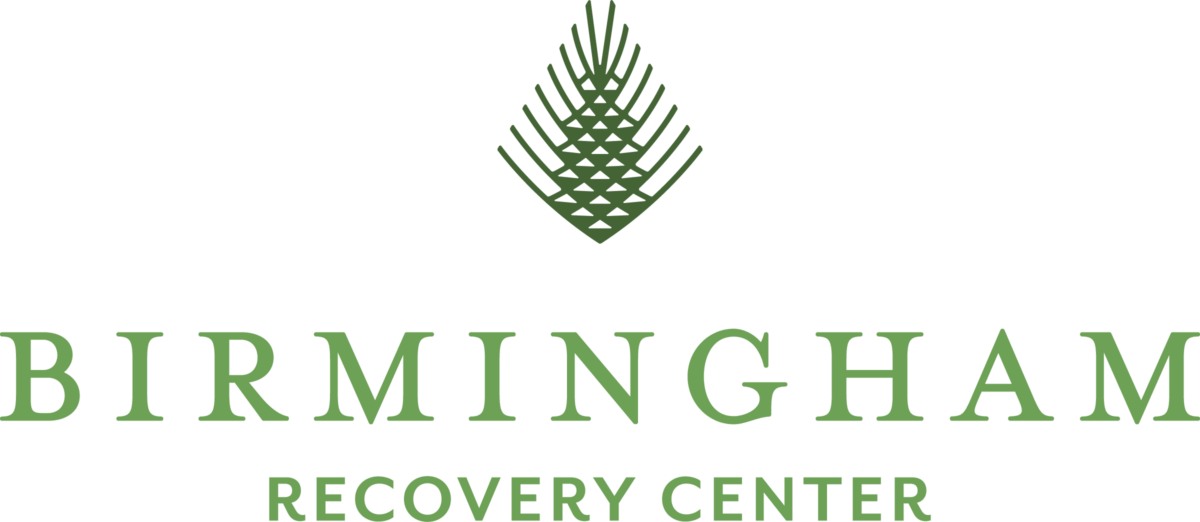The holidays are usually a time for gathering, reconnecting, and celebrating. However, for those in recovery, the holiday season could mean something completely different. While others may enjoy the final months of the year with their family and friends, it can be a bittersweet time for many in addiction recovery. With so many triggers and distractions, it can take some extra support for those in addiction recovery to get through the season. Being able to provide that support can make a world of difference in your loved one’s experiences during the holidays.
Here are a few ways to support your loved ones during the holiday season.
Consider Family Therapy
Addiction is not something that people automatically know how to deal with. It does not only affect the person in recovery, but it also affects the people closest to them. Participating in family therapy before and during the holiday season is one of the most valuable forms of support you can offer.
Family therapy will help you understand your loved one’s condition as well as the dynamics that may have contributed to it. Families in therapy learn how to communicate more effectively, identify and address their personal shortcomings, and better support one another.
Family therapy can also be helpful in rebuilding broken relationships and offering the emotional support and education needed to do that. For family therapy to be effective, it is essential that everyone goes into it with an open mind. It will be more effective if all parties are willing to admit fault and learn from each other.
Practice Communication
Spending the holidays with someone in addiction recovery requires open and honest communication from all parties involved. Be sure to check what they are comfortable with and what they are not comfortable with. While you don’t want to walk on eggshells around your loved one, it is important to communicate your feelings openly to ensure that there is no disconnect.
Including your loved one in the planning process can make things flow more smoothly. It can also be useful for them to feel included as they make their transition back to normal life. Practicing communication can help avoid any misunderstandings and help you better understand their needs.
Give Them Space
Everyone will not be open to a large family gathering while in recovery. Not only should you be understanding of that, but you should also offer them the space they need. Do not insist that they do something that they have clearly communicated that they are not comfortable with.
Giving your loved one space varies depending on family dynamics and the individual. If they do decide to participate in the festivities, ensure that they have a space to go if they become overwhelmed. If they are not comfortable with a large gathering, try inviting fewer people than you usually would. Having a more intimate gathering may make your loved one feel more comfortable.
Be Considerate of Their Addiction
If your family member or friend is in recovery, find ways to be considerate of their addiction. While your family gatherings may typically be filled with alcohol, an alcohol-filled holiday party might not be the best environment for someone in recovery. As mentioned earlier, you should have an open discussion with your loved one. Ensure that any plans you have made for the holiday will not be a trigger or distraction for them.
Find ways to accommodate your loved one that will not make it challenging for them to be around you and others. More considerate and authentic family gatherings can help strengthen your relationship and help your loved one feel more supported.
During your holiday gathering, it is important to promote a peaceful time. This means you should avoid any unnecessary escalation and pressure. You can do this by educating your guests about their inconsiderate behaviors or simply uninviting guests who do not try to understand.
Keep Plans Simple
When making holiday plans, be sure to keep plans simple. An intimate gathering might be the best option. Consider their comfort level in all aspects of your planning. Skipping the extravagant traditions can relieve some of the pressure on your loved one. While some love being in large groups, it might not be the most comfortable scenario for a person in recovery.
Make Sure Everyone Is on the Same Page
While you do not want to walk on eggshells around your loved one in recovery, it is essential that everyone attending your holiday events is aware that things will be slightly different this time around. It is essential that you take the necessary steps to create an environment where your loved one in recovery is comfortable. Set the tone by creating an environment that will offer them a positive experience.
Offer Support
Although all the suggestions above offer support, it is essential that your support is evident. Whether it is through words of encouragement or actions, offering support in all these ways will be vital to creating a positive holiday season for your loved one.
Here are some ways to offer your support.
- Reassure them that they are not alone.
- Plan your gatherings with them in mind.
- Encourage them to reach out to their sponsor and other friends in recovery.
Begin Your Recovery Journey With Birmingham Recovery Center in Birmingham, AL
At Birmingham Recovery Center, we are committed to providing the best care possible for every person who walks through our doors. We have the expertise and resources to help you overcome your addiction. For many reasons, the holidays can be a difficult time for those in recovery. Support can go a long way during these times.
Our experienced clinicians are dedicated to helping individuals and their families find long-term recovery through evidence-based treatment plans and personalized care. For more information about any of our offered programs and services, reach out to us today! We are here to help you or your loved one regain control of your life and stay on the path to recovery.

